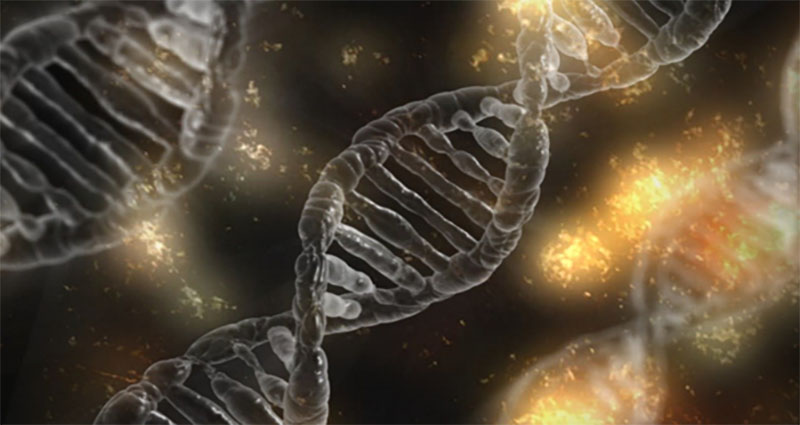If you’re unsure who the father of your baby is, you could perform a postnatal test. By comparing the DNA of the child with the alleged father’s DNA, you are able to determine if the two are indeed related. For some mothers, it is needed to know these results earlier than that. In these cases, a prenatal paternity test might come in handy. With prenatal paternity testing you can determine the biological father of your child while pregnant with at least 99% accuracy. Below you will find more information on the workings of this test, including its safety and preciseness.
How does a prenatal paternity test work exactly?
You can perform a prenatal paternity test in the comfort of your own home. Order a kit online and it will be sent directly to your house. In the kit, you will find sample collectors. The alleged father will need to perform a cheek swab or a blood draw. Other forms of DNA samples are also allowed. However, the mother has to explicitly take a blood draw. The blood is needed to perform the fetal cell analysis. Here, the fetal cells are compared to the father’s cells, and if they coincide it can be concluded that the two are indeed biological father and child. After taking the samples, make sure that they are sealed off securely and then send them off to the lab.
Is a prenatal paternity test safe?
Don’t worry, the prenatal paternity tests are completely safe for you and your child. Since these tests only need a small sample of your blood, it will not affect your child in any way. However, there are other paternity tests that are more invasive. For instance, some tests take samples through the cervix. In the case of non-invasive prenatal paternity tests, you will not need to worry about this.
Determining the father of your child with 100% accuracy
A prenatal paternity test is more than 99 percent accurate. From seven weeks pregnant and onward, the results are completely trustworthy. Based on the results, you can rightly assume if the alleged father is indeed the father of the baby. You can expect the results within three business days after the samples have been delivered. A prenatal paternity test is not only used to determine the biological father, but they can also be used as a dna gender test. The test can predict if your child will be a boy or a girl. If you’re at least 20 weeks pregnant, the prediction can be up to 100% accurate.











